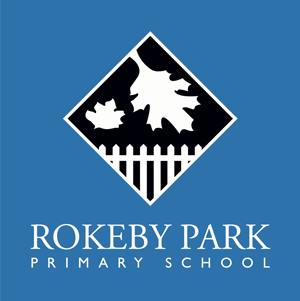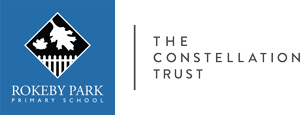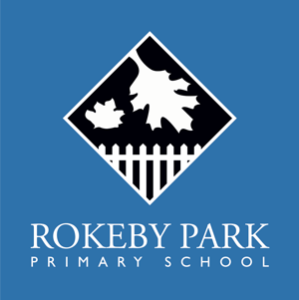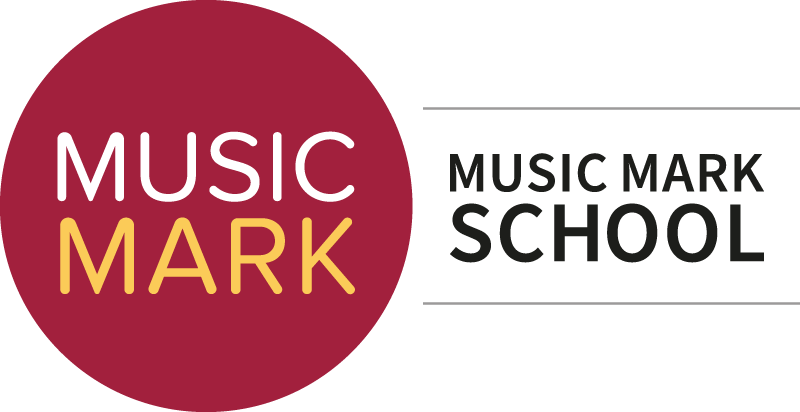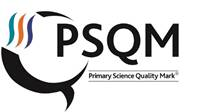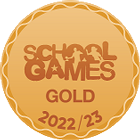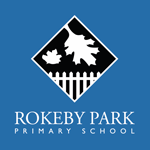
PSHE – curriculum information
Intent
PSHE Content.
Our PSHE curriculum is ambitious for all pupils, especially the disadvantaged and pupils with SEN. PSHE is taught through units which enable pupils to become conscientious and respectful citizens. Jigsaw lessons cover all aspects of personal, social and health education; social, moral, spiritual and cultural education; British values and the rule of law and all aspects of the statutory relationships and sex education. The PSHE curriculum is taught around 6 Key Concepts which are revisited and developed as pupils progress through school. Key vocabulary is explicitly taught every year to ensure pupils develop a depth of vocabulary knowledge.
- Being me in your world (Who am I? Understanding your own identity and how I fit well in the class, school and global community)
- Celebrating differences (Understanding diversity, respect, anti-bullying including cyber and homophobic bullying)
- Dreams and goals (achievement, goal-setting, aspirations, who do I want to become and what would I like to do for work and to contribute to society)
- Healthy me (body and mind, drugs and alcohol education, self-esteem, confidence, healthy lifestyles, sleep, nutrition, rest and exercise)
- Relationships (Friends, family and other relationships, conflict resolution and communication skills, bereavement and loss)
- Changing me (Change, transition, relationships and Sex Education)
Second order concepts are also taught:
- Emotional literacy – (Self-awareness, social skills, empathy, motivation, managing feelings)
- Responsibility – (Personal responsibility, responsibility towards others, relationships, world of work, staying safe, health)
- Resilience – (Developing strategies for resilience, ambition, personal best, managing emotions)
- Written and oral expression: (Using social and emotional literacy to confidently discuss personal experiences and the experiences of others in a variety of ways, making comparisons and links, explanations, awareness of audience, using evidence to support statements)
By the end of EYFS, children will:
Be able to show some understanding of the skills needed when turn taking and sharing and be able to take account of their peers’ ideas within play situations. The children will become more independent and be able to access resources and equipment needed to support their learning and they will become more confident to try new activities. Throughout the EYFS the children will have had plenty of opportunities to develop their confidence to speak and share their ideas as well as talk about their feelings with adults and their peers. The children will begin to understand how different situations make them feel and begin to talk about ways to deal with these emotions and resolve small conflicts with their peers. The children will understand the behavioural expectations in their class and be able to follow the rules. The children will be able to talk about ways to keep themselves healthy and understand the importance of physical exercise, a healthy diet and keeping themselves safe.
By the end of KS1, children will:
Be able to identify and name feelings and talk about why they or others may have these feelings. This includes learning that their behaviours and actions have rewards or consequences and how to deal with and manage these feelings. The children will begin to share their views and opinions and understand that others may not share the same opinion as themselves, and that this is ok. They will be able to identify and respect differences and similarities between people and their families and learn about what it is to be a ‘good’ friend and have healthy relationships with themselves and others. The children will also understand what bullying is and what to do if someone is being bullied. The children will also learn strategies to help them to persevere and challenge themselves to enable them to begin setting goals and dreams for themselves. Children will also learn about their physical health and know ways to keep themselves healthy and safe.
By the end of KS2, children will:
Have a good understanding of healthy relationships and know how to recognise and deal with a range or different emotions appropriately. The children will be able to identify some factors that affect their emotional health and wellbeing and understand how to identify their worries and concerns and where to access support. The children will have a clear understanding of how their behaviour impacts them and others and what to do if someone is being bullied. The children will have lots of opportunities to express their views and opinions on a range of matters and demonstrate an understanding of British values and democracy in society. They will be able to describe some of the different beliefs and values in society and demonstrate respect and tolerance towards people who are different from themselves. The children will also be able to talk about some bodily and emotional changes that happen at puberty and how to face new challenges, for example, transitions to secondary school.
Implementation
Our PSHE Jigsaw curriculum is ambitious for our pupils and enables all children, regardless of background, ability, additional needs to flourish to become the very best version of themselves they can possibly be. Jigsaw is implemented throughout the whole school during weekly whole class Jigsaw lessons focusing on different topics each term. Jigsaw PSHE will support the development of the skills, attitudes, values and behaviour which enable pupils to:
- Value self and others
- Communicate effectively and work with others
- Be active citizens within the local community
- Be ambitious and respond to challenge
- Become healthy and fulfilled individuals
All children have access to the Jigsaw curriculum with work being tailored appropriately for children with SEND. Inclusivity is part of Jigsaw’s philosophy and each piece is tailored to meet the needs of all children.
Impact
The impact of learning is measured through learning walks, pupil voice, class discussions, Jigsaw books and observations. Reflection activities and monitoring demonstrate the progression of knowledge, skills and understanding.
The PSHE curriculum is ambitious for all children and it prepares the children for the next stage in their education as well as preparing them for the adult world. It also provides pupils with the knowledge, understanding, attitudes, values and skills they need in order to reach their potential as individuals and within the community.
By teaching children to stay safe and healthy, and by building self-esteem, resilience and empathy our PSHE Jigsaw programme can tackle barriers to learning, raise aspirations and improve the life chances of the most vulnerable and disadvantaged.
The teaching of PSHE results in an engaging, high quality education that allows pupils to develop into responsible, respectful and resilient citizens.
Further information
‘My best memory was when it was Rokeby’s got talent and at the end the teachers all got up and danced’
‘started here in Year 5 and I’ve enjoyed everything at Rokeby Park Primary – it’s the best.’
‘Maths is my favourite subject because I enjoy the challenges we are set.’
‘All school trips are amazing, especially Robinwood.’
‘I’ve really enjoyed the hard work we have been given in maths.’
‘I love English because it brings my imagination to life’
‘Being here for 5 years (almost my whole life) makes me feel special its almost like home’
‘I’ve enjoyed all the learning I’ve done in school and I’ve made lots of brilliant friends.’
